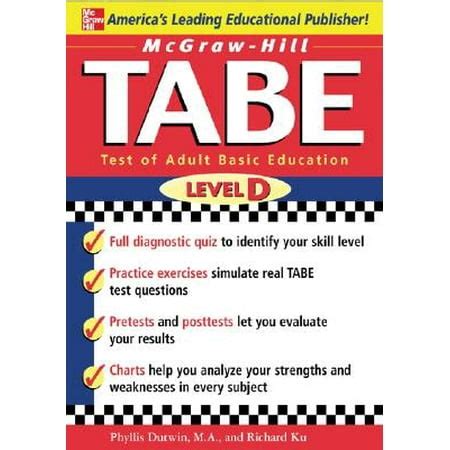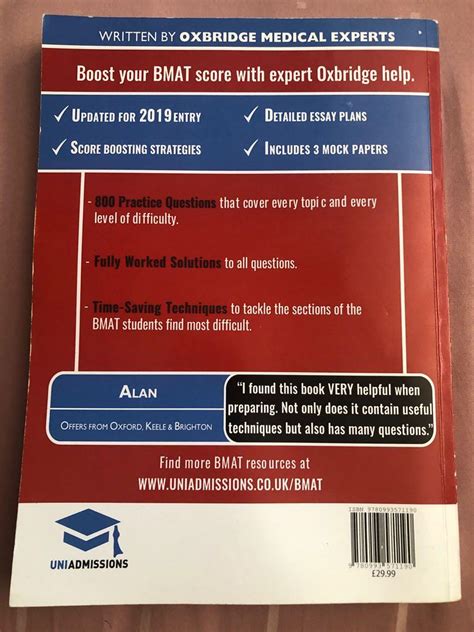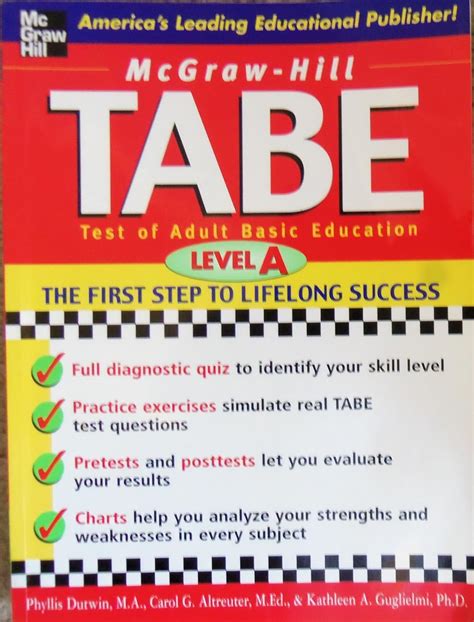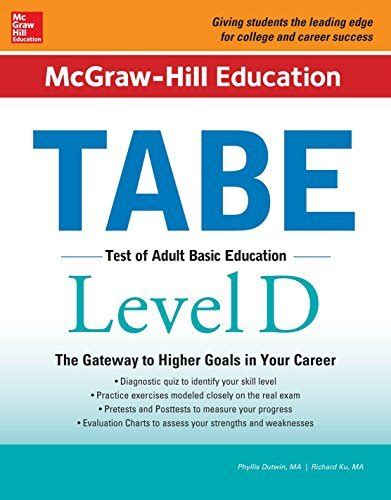Earning a General Educational Development (GED) credential is a pivotal step for many individuals seeking to advance their personal and professional lives. Whether you’re looking to improve job prospects, pursue higher education, or achieve personal growth, the GED provides a valuable opportunity to demonstrate high school-level knowledge and skills. This comprehensive guide will walk you through the essential steps for GED success, including effective preparation strategies, what to expect on test day, and the benefits of choosing online programs. We’ll also discuss how to balance your study efforts with work and family commitments and explore the wide range of resources available to support your journey.
gameshoek.com invites you to delve into this topic thoroughly.
1. Why Earning a GED is Important
Earning a GED is a significant achievement that opens doors to numerous opportunities. For many, it represents a chance to complete their high school education and prove their academic abilities, which can be crucial for personal and professional advancement. Obtaining a GED can enhance your career prospects by qualifying you for jobs that require a high school diploma or equivalent. It also provides a foundation for pursuing higher education, such as community college or vocational training, which can lead to better job opportunities and increased earning potential.
Beyond the practical benefits, earning a GED can be a powerful confidence booster. It demonstrates resilience and determination, traits that are highly valued in both the workplace and in further educational settings. Additionally, for those who did not complete traditional high school due to personal or economic reasons, the GED offers a path to fulfill long-held goals and aspirations. It signifies a commitment to lifelong learning and personal growth, aligning with the broader goal of enhancing one’s skills and knowledge throughout life. Overall, the GED is more than just a diploma; it’s a stepping stone toward greater educational and professional achievements.

2. How to Prepare for the GED Exam
Preparing for the GED exam involves a strategic approach to mastering the necessary content and test-taking skills. Start by familiarizing yourself with the test structure and subjects covered: Mathematical Reasoning, Reasoning Through Language Arts, Science, and Social Studies. Utilize official GED study guides and practice tests to assess your current knowledge and identify areas needing improvement.
Consider enrolling in GED preparation classes, which can provide structured study plans, expert guidance, and additional resources. Many community centers and online platforms offer courses designed to cater to various learning styles and schedules. If you prefer self-study, make use of online resources, including instructional videos, practice questions, and interactive learning tools.
Develop a study schedule that fits your lifestyle, allowing you to balance preparation with work and personal responsibilities. Consistent, focused study sessions will help reinforce your understanding and build confidence. Additionally, practice time management techniques to improve your efficiency during the exam. By thoroughly preparing and utilizing available resources, you can approach the GED with confidence and increase your chances of success.

3. What to Expect on Test Day
On test day, it’s important to arrive early to ensure you have enough time for check-in procedures and to settle in before the exam begins. Bring valid identification, as required by the testing center, and any necessary materials specified in your registration. Dress comfortably and consider layering, as testing environments can vary in temperature.
The GED exam is divided into four sections: Mathematical Reasoning, Reasoning Through Language Arts, Science, and Social Studies. Each section has a set time limit, and the test is administered on a computer. Be prepared for a mix of multiple-choice questions, short answer responses, and extended response tasks.
Take advantage of breaks between sections to rest and refocus. Stay calm and manage your time effectively during the exam by keeping track of how long you spend on each question. Remember, the test is designed to assess your high school-level knowledge and skills, so approach each section with confidence and a clear strategy.

4. Why Choose Online GED Programs
Choosing an online GED program offers several advantages, particularly for those balancing work, family, and other responsibilities. Online GED programs provide flexibility, allowing you to study at your own pace and on your own schedule. This flexibility is ideal for individuals who need to fit their study time around a busy life, making it easier to integrate preparation into daily routines without sacrificing other commitments.
Additionally, online programs often offer a range of multimedia resources, including video lessons, interactive practice tests, and digital study guides. These tools can enhance learning by catering to different learning styles and providing immediate feedback, which can be more engaging and effective than traditional classroom methods.
Another benefit is the accessibility of online programs. You can access materials from anywhere with an internet connection, eliminating the need to travel to a physical location and allowing you to study in a comfortable environment. Many online programs also offer personalized support through virtual tutors and forums, providing assistance and encouragement throughout your preparation journey. Overall, online GED programs offer a convenient, adaptable, and comprehensive approach to achieving your educational goals.

5. How to Balance GED Preparation with Work and Family
Balancing GED preparation with work and family responsibilities requires careful planning and time management. Start by creating a structured study schedule that fits around your existing commitments. Allocate specific times each week for studying, and be realistic about how much time you can dedicate to your preparation without overwhelming yourself.
Communicate your goals and schedule with family members and colleagues. Let them know about your study plans so they can offer support and understanding. Finding a study space at home that minimizes distractions can also help you make the most of your study time.
Incorporate study sessions into your daily routine by using small pockets of time effectively. For instance, review flashcards or listen to educational podcasts during your commute or while doing household chores.
Consider using online resources for flexibility and convenience, allowing you to study from anywhere and at any time. Make use of practice tests and study materials that offer efficient, focused learning sessions. Balancing these responsibilities requires discipline and support, but with a well-organized plan, you can successfully prepare for the GED while managing work and family life.

6. What Resources are Available for GED Test Takers
GED test takers have access to a variety of resources to aid their preparation and ensure success. Official GED preparation materials are available through the GED Testing Service, including study guides, practice tests, and sample questions that closely mirror the actual exam. These resources provide a clear understanding of the test format and content.
Online platforms offer numerous additional tools, such as interactive practice tests, instructional videos, and digital flashcards, which can enhance your learning experience. Websites like Khan Academy, GED.com, and various educational apps provide free or low-cost resources that cover all test subjects.
Many community colleges and adult education centers offer GED prep courses, either in-person or online. These classes provide structured learning and expert guidance, helping you stay on track and address specific areas of difficulty.
Support groups and forums, both online and offline, can also be valuable. They offer opportunities to connect with others preparing for the GED, share experiences, and gain advice and motivation.
Additionally, local libraries and educational non-profits often have study materials and resources available for free. Utilizing these varied resources can provide comprehensive support and enhance your preparation for the GED exam.

Earning a GED is a crucial step in advancing your personal and professional goals. By understanding the importance of the GED, preparing effectively, and utilizing available resources, you can navigate the exam with confidence. Embracing online programs and balancing your preparation with work and family responsibilities can further enhance your success. With determination and the right strategies, you’re well on your way to achieving your educational aspirations.
gameshoek.com
